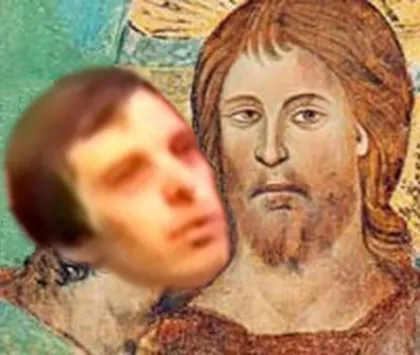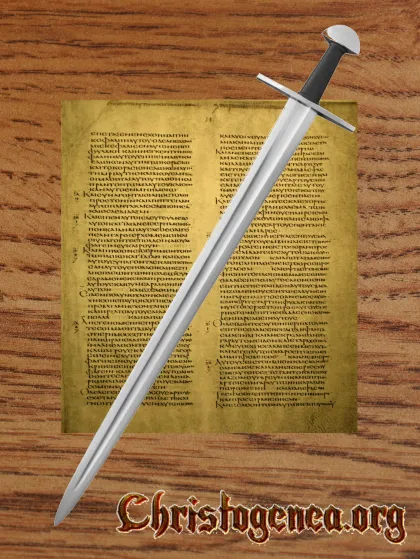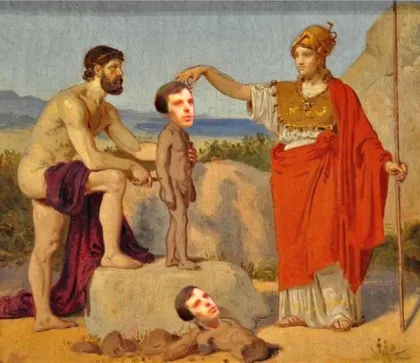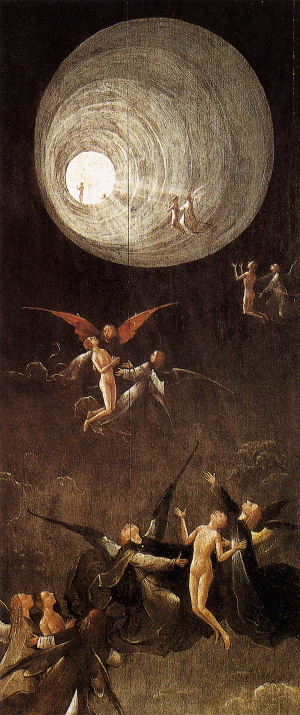Addressing Charles Weisman’s What About the Seedline Doctrine? Part 11, Gnostic Heresies

Addressing Charles Weisman’s What About the Seedline Doctrine? Part 11, Gnostic Heresies
In our last discussion Addressing Charles Weisman’s What About the Seedline Doctrine?, which was Part 10 of this series, we discussed the The Nature of Cain, and how it is that when he was challenged by God to do good, but then immediately went out and killed his brother, that also serves to prove the circumstances of his birth, that he could not do good because “sin lieth at the door”. We also discussed how and why both Cain and Abel were making sacrifices in the first place, since Cain’s rejected sacrifice was the catalyst for his having been challenged, and having killed Abel. Weisman imagined that Yahweh was offering Cain acceptance, but that is not the case at all. Yahweh, being God, certainly knew that Cain was going to fail. His challenge to Cain and Cain’s failure are not an exercise in vanity on the part of God, but rather they serve as a lesson to us, that a bastard will always do evil in the end. The fact that Abel was even making a sacrifice to Yahweh after Cain had done so also serves to illustrate the reasons for Cain’s disqualification, once it is examined within the context of later Scriptures and statements made by the apostles concerning the patriarchs Enoch and Noah. By the act of making a sacrifice Abel was asserting his own claim as rightful successor to his father.
Following that, Weisman began to address the statements which Christ had made to His adversaries in John chapter 8, and he cited verses 41 through 44 of the chapter. Doing that, he made the assertion that in those words of Christ the word father does not really mean father. But if he had cited more of the passage, the overall context would have proven Weisman to be wrong. In fact, even the part he did cite proves him to be wrong, as the Jews themselves certainly did understand Christ to have been speaking about their ancestry, where they answered Him in verse 41 that “We be not born of fornication; we have one Father, even God.” Of course they were wrong, because they were Edomites, something which is also established in the overall context, but if the Jews understood the word father to be literal, and Christ answered along those same lines, how does Weisman claim that the word father is not literal, but only figurative?












 Please click here for our mailing list sign-up page.
Please click here for our mailing list sign-up page.








Recent comments